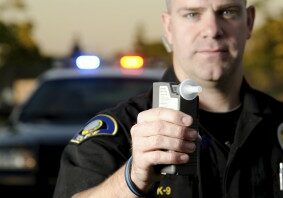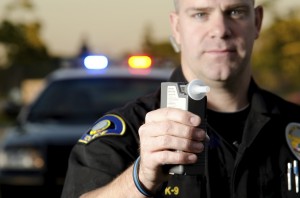Threats, Harassment, & Stalking
In North Carolina, communicating threats, harassment, and stalking are all serious crimes.
Communicating Threats
Communicating threats occurs when: (1) a person willfully threatens to physically injure another person, or that person’s dependent, sibling, spouse, or property; (2) the threat is made in a manner and under circumstances which would cause a reasonable person to believe that the threat is likely to be carried out; and (3) the person threatened believes that the threatened offense will be carried out. The threat can be communicated orally or in writing, directly, or indirectly or by other means. If the threat is based on some stated condition, so long as there is a reasonable likelihood that the condition will occur, the threat is still a crime. Regardless if the threatened person believes that he or she can contain the threat or conditions exists that the threatened person to believe the threat can be contained, such as presence of law enforcement, a crime is still committed. Communicating Threats is a Class 1 misdemeanor and carries a sentence of up to 120 days in jail.
Harassment
Harassment occurs when a person communicates any message, by any means and without legitimate purpose, to another person for the purpose of causing that person to feel tormented, terrified, or terrorized.. Harassment is a Class A1 misdemeanor and carries a maximum possible punishment of 150 days in jail.
The act of making harassing phone calls is a separate offense and must be communicated by telephonic means. For purposes of harassing phone calls, harassment includes the use of any words or language to threaten another, to make profane comments to another, or to annoy or disrupt the service of the victim. Harassing phone calls is classified as a Class 2 misdemeanor.
Stalking
Stalking requires more than one act of harassment which either (1) causes a person to fear for his or her safety or the safety of the person’s immediate family or close personal associates; or (2) causes a person to suffer substantial emotional distress by placing that person in fear of death, bodily injury or continued harassment. Stalking can be charged as a felony or misdemeanor depending on the past conviction record of the offender. Misdemeanor Stalking is a Class A1 misdemeanor, the highest level of misdemeanor, which is punishable by up to 150 days in jail. If the offender has a prior conviction for stalking, a new stalking charge is a Class F felony. In cases in which there is a court order entered against the offensive conduct, a stalking charge can become a Class H felony.
Our experienced criminal defense attorneys are able to thoroughly review the facts and allegations that exist and determine what defenses are available. Some common defenses that are available to be used are:
- False accusations by the alleged victim;
- Insufficient evidence;
- Lack of knowledge accusing individual was present;
- Mistaken identity;
- Lack of reasonable complaints.
If you have been charged with communicating threats, harassment, or stalking, you need the help of an experienced attorney to fight for your rights and help ensure you are able to present your strongest defense. At DeMent Askew Johnson & Marshall, we have over 40 years of experience and a team of criminal defense attorneys who have decades of experience defending against charges of communicating threats, harassment and stalking in and around Wake and Carteret County. Our attorneys are equipped with the skills and experience to help you. No matter what criminal charges you are faced with we can aggressively defend you. Call us today for a free consultation with one of our criminal defense attorneys at 919-833-5555.





































